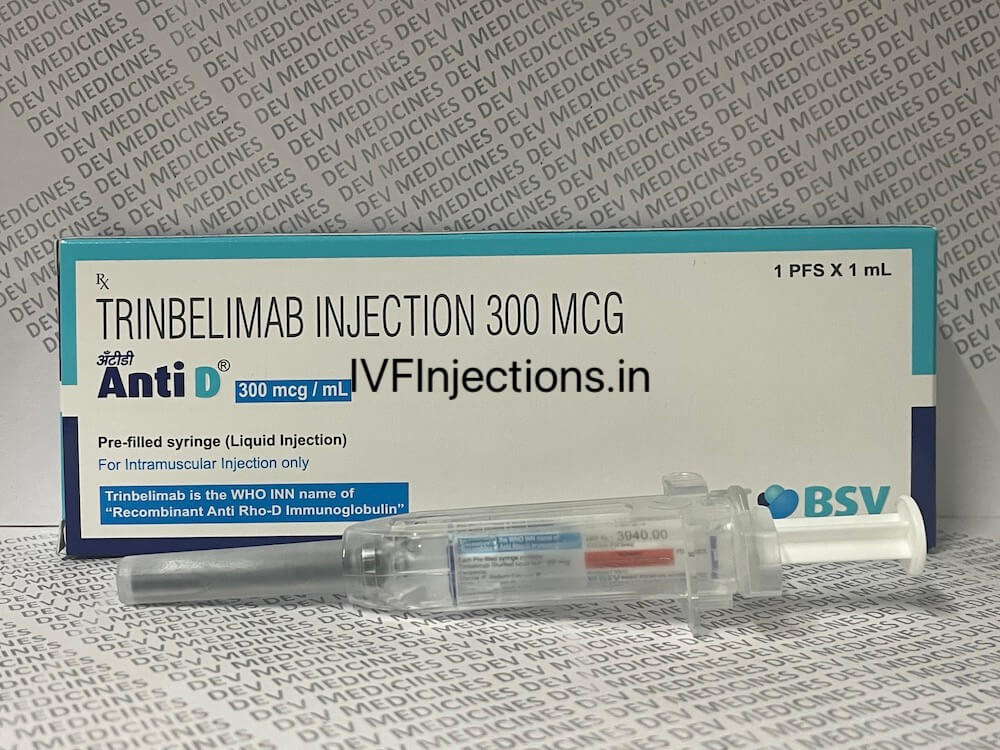The anti D injection is crucial for pregnant women who are Rh-negative, meaning their blood lacks the Rh factor protein. If a Rh-negative mother carries an Rh-positive baby, there’s a risk of Rh incompatibility. This condition can lead to complications such as hemolytic disease in the newborn, where the mother’s immune system attacks the baby’s red blood cells.
The anti D injection helps prevent this by stopping the mother's immune system from producing antibodies against Rh-positive blood cells. It is typically administered at around 28 weeks of pregnancy and again after delivery if the baby is Rh-positive. This injection not only protects the current pregnancy but also reduces the risk of complications in future pregnancies.
How Does the Anti D Injection Work?
When administered, the anti D injection introduces a small amount of Rh antibodies into the mother’s bloodstream. These antibodies neutralize any Rh-positive cells from the baby that may enter the mother’s system. By doing so, it prevents the mother’s immune system from developing its own antibodies, which could otherwise attack the baby's cells.
While generally safe, some women may experience mild side effects like soreness at the injection site or fatigue. However, the benefits far outweigh the risks, making it an essential component of prenatal care for Rh-negative mothers.
Understanding the Importance of Susten Injection
The susten injection is another significant tool in managing pregnancy. It contains a hormone called progesterone, which is vital for maintaining a healthy pregnancy. Progesterone prepares the uterus for implantation and helps sustain the pregnancy by maintaining the uterine lining. For women who have a history of recurrent miscarriages or face the risk of preterm labor, the susten injection can be a game-changer.
Progesterone also plays a role in relaxing the uterine muscles, preventing early contractions, and supporting fetal development. In some cases, it is prescribed to women undergoing fertility treatments to enhance their chances of a successful pregnancy.
When is the Susten Injection Recommended?
Doctors may recommend the susten injection in several situations. Women who have low progesterone levels, experience spotting during early pregnancy, or have a history of previous pregnancy loss are often advised to take it. It is also beneficial for women undergoing assisted reproductive technologies, such as IVF, as it helps create an optimal environment for embryo implantation.
Typically administered intramuscularly, the susten injection is given as per the doctor’s instructions, depending on the patient’s needs. While generally safe, some women might experience side effects like dizziness, bloating, or mild discomfort at the injection site.
How Anti D and Susten Injections Complement Each Other
While the anti D injection and the susten injection serve different purposes, they are both crucial in their own ways. The anti D injection protects against immune complications due to Rh incompatibility, ensuring the baby’s blood cells remain unharmed. On the other hand, the susten injection helps maintain a supportive environment in the uterus, enhancing the chances of a healthy pregnancy.
In some cases, women may require both injections during their pregnancy. For instance, an Rh-negative mother with low progesterone levels might need the anti D injection to prevent Rh incompatibility and the susten injection to maintain a healthy uterine lining. Each injection addresses different aspects of pregnancy management, ensuring optimal maternal and fetal health.
Safety and Precautions
Both the anti D injection and the susten injection are generally safe, but it is essential to follow your doctor’s guidance. Regular monitoring and adherence to the prescribed schedule can help mitigate any potential risks. Always inform your healthcare provider about any allergies or underlying health conditions before receiving these injections.
Additionally, staying informed about your medical needs can empower you to make the best decisions for your pregnancy. Discussing any concerns or side effects with your doctor will ensure that you receive appropriate care and support.






Comments